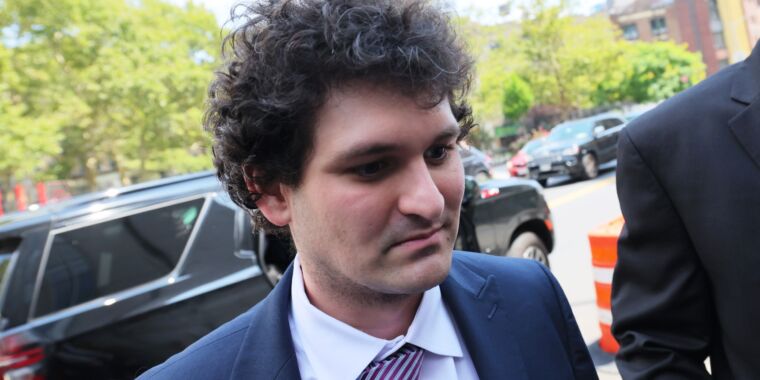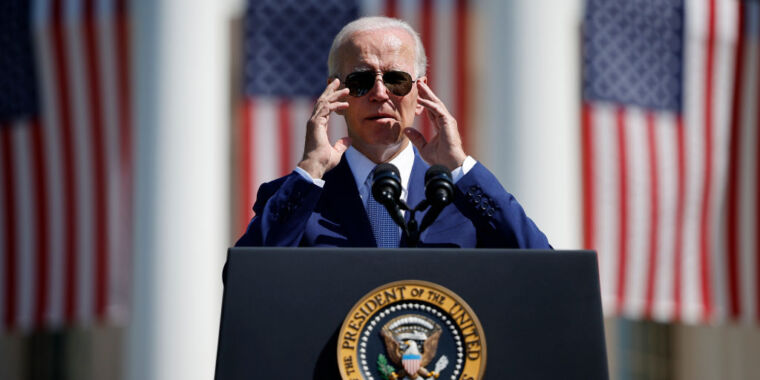Internet service providers are again urging the Federal Communications Commission to impose new fees on Big Tech firms and use the money to subsidize broadband network deployment and affordability programs. If approved, the request would force Big Tech firms to pay into the FCC’s Universal Service Fund (USF), which in turn distributes money to broadband providers.
The request was made on June 6 by USTelecom, a lobby group for AT&T, Verizon, CenturyLink/Lumen, and smaller telcos. USTelecom has made similar arguments before, but its latest request to the FCC argues that the recent death of a broadband discount program should spur the FCC to start extracting money from Big Tech.
“Through focusing on the Big Tech companies who benefit most from broadband connectivity, the Commission will fairly allocate the burden of sustaining USF,” USTelecom wrote in the FCC filing last week.
The USF spends about $8 billion a year. Phone companies must pay a percentage of their revenue into the fund, and telcos generally pass those fees on to consumers with a “Universal Service” line item on telephone bills.
The money is directed back to the telco industry with programs like the Connect America Fund and Rural Digital Opportunity Fund, which subsidize network construction in unserved and underserved areas. The USF also funds Lifeline program discounts for people with low incomes.
USTelecom cites death of discount program
FCC Chairwoman Jessica Rosenworcel hasn’t stated any intention to expand USF contributions to Big Tech. Separately, she rejected calls to impose Universal Service fees on broadband, leaving phone service as the only source of USF revenue.
The USTelecom filing came in response to the FCC asking for input on its latest analysis of competition in the communications marketplace. USTelecom says the USF is relevant to the proceeding because “the Universal Service Fund is critical for maintaining a competitive marketplace and an expanded contributions base is necessary to sustain the fund.” No changes to the USF would be made in this proceeding, though USTelecom’s comments could be addressed in the FCC’s final report.
Some people have called for the USF to be expanded in order to revive the Affordable Connectivity Program (ACP), which provided $30 monthly discounts until Congress allowed funding to lapse. That program reduced the price of broadband for people with low incomes while providing more revenue to ISPs. USTelecom’s request for payments from Big Tech argues that the ACP’s lapse is a reason to impose fees on Big Tech.
“Expanding the contributions base to include Big Tech would not only sustain the current USF programs, but would also fund affordability efforts like the ACP long term,” USTelecom wrote. Payments from Big Tech could “enable a permanent Affordable Connectivity Program,” the group said.
In other news related to the Universal Service Fund, the US Supreme Court today rejected a challenge to the fund’s legality that was brought by the conservative Consumers’ Research group. The group challenged the FCC’s authority to raise revenue for the fund but previously lost at the appeals court level, and the Supreme Court declined a petition to take up the case.





